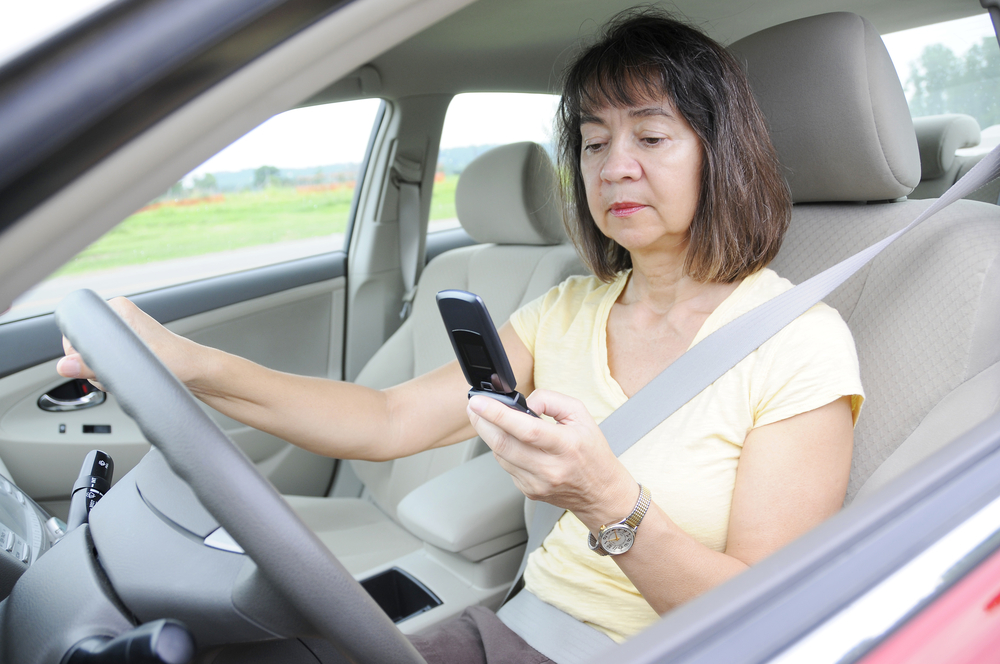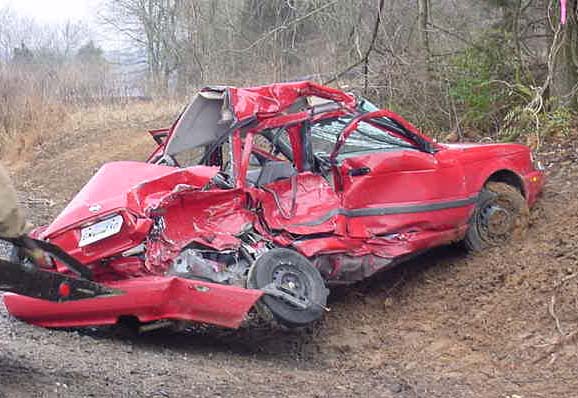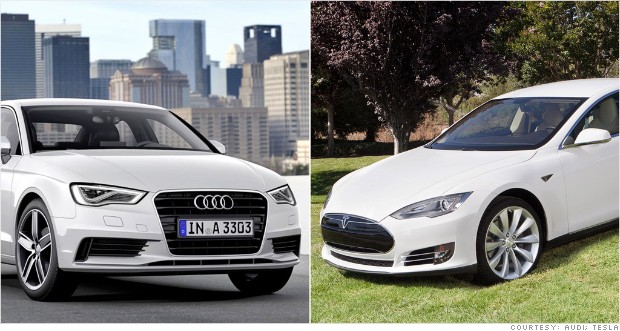
Jan
Parents – Don’t buy your teen a cheap old car
Per mile driven, the rate of serious vehicle crashes, including fatal ones, involving teens remains tragically high — about three times higher than that for adults. Parents can help to avoid heartbreak by considering safety when choosing a vehicle for their teen. Consider the recent study which compiled relevant data regarding teen fatalities and vehicles









